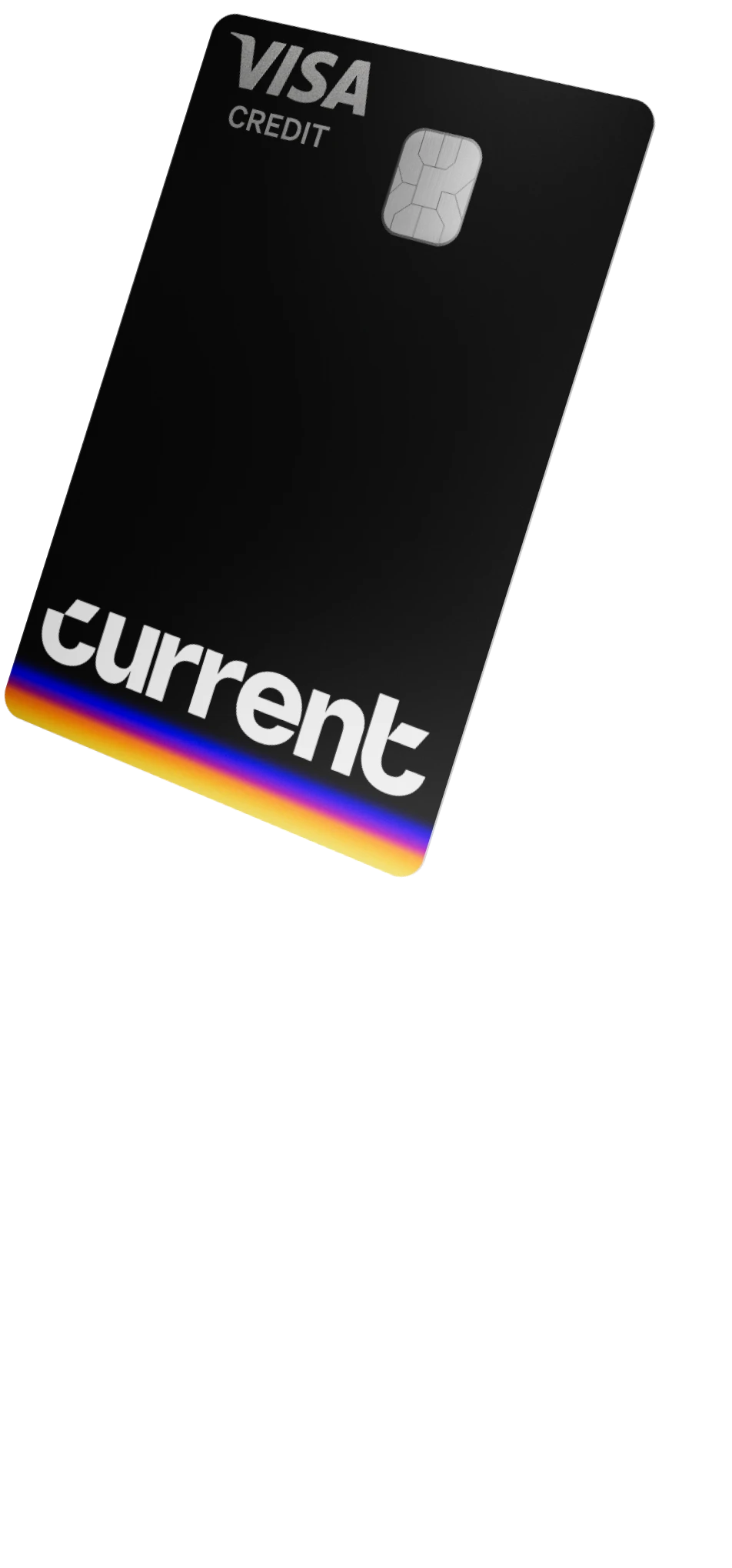Should I Save Up Money or Pay Off My Debt?

Should you save your money, or should you pay off your debt? There is no universal answer. The best option is the one that addresses your immediate financial needs.
Saving Money vs. Paying Off Debt
The dilemma of choosing between saving money or paying off debt is one that challenges and frustrates tens of millions of people, especially in the uncertainty of the COVID-19 pandemic. It can be a huge cause of stress and anxiety. There is no single, one-size-fits-all answer for whether you should save up money or pay off your debt, but there are situations in which one choice is a better idea than the other.
When should you save money? If you have debt with a very low interest rate, no emergency savings, and a job that has a 401(k) matching program, then you are in a good position to save your money first and pay off your debt later.
When thinking about savings or paying off debt, the most valuable asset you have is time. A low-interest debt or credit card payment gives you time to get to your debt later, so you can focus on saving money first. A debt (or a credit card) with a high rate of interest will accrue that interest in a very short time. That would be a condition under which it might be better to focus on the debt rather than building your savings.
For the 401(k) matching program, or if you have access to a retirement savings plan through your job, you should pay into the program enough to get the maximum employer match.
Saving for Emergencies
A big reason to prioritize saving, and put paying off your debt on the backburner, is to have a good rainy day fund. If you don’t have any money saved up for emergencies, you might be in the position of adding to your debt if you have to use a credit card to pay for an unexpected car repair, plane tickets for a family emergency, or a midnight trip to the emergency room. This is a discomfort shared by many Americans, who have said that they regret not having enough money saved up to navigate things like losing hours at their jobs, or losing their jobs outright, because of the coronavirus pandemic.
As difficult as it may be to deprioritize paying off your debt, focusing on your savings and building up a healthy emergency fund can help you get through the inevitability — and not just the possibility — of something happening.
How Much Should You Save?
So, if you’re going to save, how much should you save? Financial experts suggest that your emergency fund should be made up of up to six months’ worth of expenses and then put away in a savings account. If six months seems like too much, you can start with just a single month of expenses. The important thing is to start saving and then get into the habit of saving.
To help you get the most out of your emergency savings, consider our Savings Pods here at Current. You can earn interest on the money in these pods, helping to build the amount in your savings even more over time.
Paying Off Your Debts
When should you pay off your debts? You should prioritize debt repayment when you have high-interest consumer debt. This can help you address any ongoing problems that you have with your finances. By cutting your interest payments, you will get a guaranteed return, much more than you would get in a savings account.
How can you get started paying off your debt? First, calculate your income that is left after you process your bills, necessities, and taxes (your expendable income). Then, break down all your regular expenses and see if you can jettison any of them. Create a budget based on whatever is left, and make paying off your debt a part of that figure.
One thing that might help you when you are budgeting your debt payment is to identify your financial goals. This will help you prioritize them in your budget and to make sure that they don’t get lost in the shuffle. If paying off your debt is your top priority, putting a monthly repayment item in your budget will not only keep you on track for paying off that debt, but it will also help you make sure that you still have money left over for your essential purchases.
If you have a credit card account, consider doing a balance transfer. This will consolidate all your credit card debt into a single, low-interest rate card, which will save you the finance charges.
Which Should You Do?
How can you decide whether to save up money or pay off your debt? When you develop your budget, you will be able to see what your expenses are. This might help you find some money you can allocate for debt reduction while still being able to pay into your own emergency fund, or vice versa. The question is, which is more important for you now?
If you can, look for ways to do both. It is possible to balance between paying off your debt and saving your money for emergencies. However, depending on your situation, it might be better to focus on either saving your money or paying off your debt —whichever is more important to address first.
References
Saving vs. Paying Down Debt. (May 2021). Forbes.
Americans' Top Financial Regret? Not Saving for an Emergency. (May 2021). Reuters.
3 to 6 Months of Savings Might Be ‘Tried and True Wisdom’ but This Expert Has Advice If You’re Living Paycheck-to-Paycheck. (September 2021). CNBC.
Debt Snowball vs. Debt Avalanche: The Best Way to Pay Off Credit Card Debt. (February 2020). Forbes.
Figuring Out These Three Budget Numbers Will Help You Pay Off Debt and Save More for Retirement in 2022. (December 2021). CNBC.
How Credit Card Balance Transfers Work. (November 2021). Current.
Quiz: Should You Pay Off Debt or Save Money? (February 2021). TIME.




